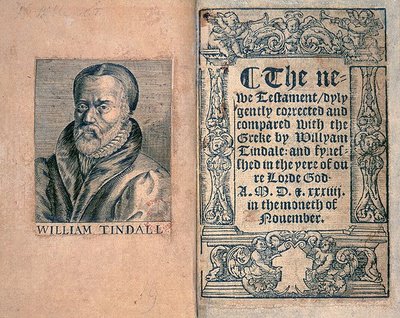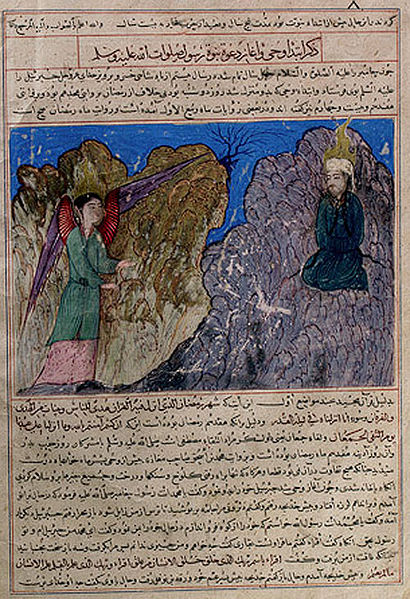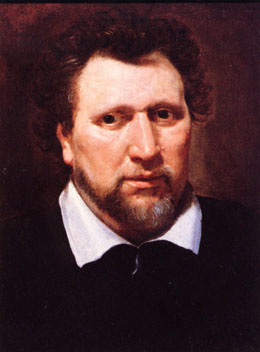httpv://www.youtube.com/watch?v=EXRE_7HzLEQ&p=F099808DD2571B77&playnext=1&index=15
An NFB documentary about the October Crisis
Today is the fortieth anniversary of the October Crisis, which began with the kidnapping of British Trade Commisioner James Cross by the FLQ, or the Front de Liberation du Quebec.
Frye in the Preface to The Bush Garden:
Quebec in particular has gone through an exhilerating and, for the most part, emancipating social revolution. Separatism is the reactionary side of this revolution: what it really aims at is a return to the introverted malaise in which it began, when Quebec’s motto was je me souviens and its symbols were those of the habitant rooted to his land with his mother church over his head, and all the rest of the blood-and-soil bit. One cannot go back to the past historically, but the squalid neo-Fascism of the FLQ terrorists indicates that one can always do so psychologically. (CW 12, 415)




